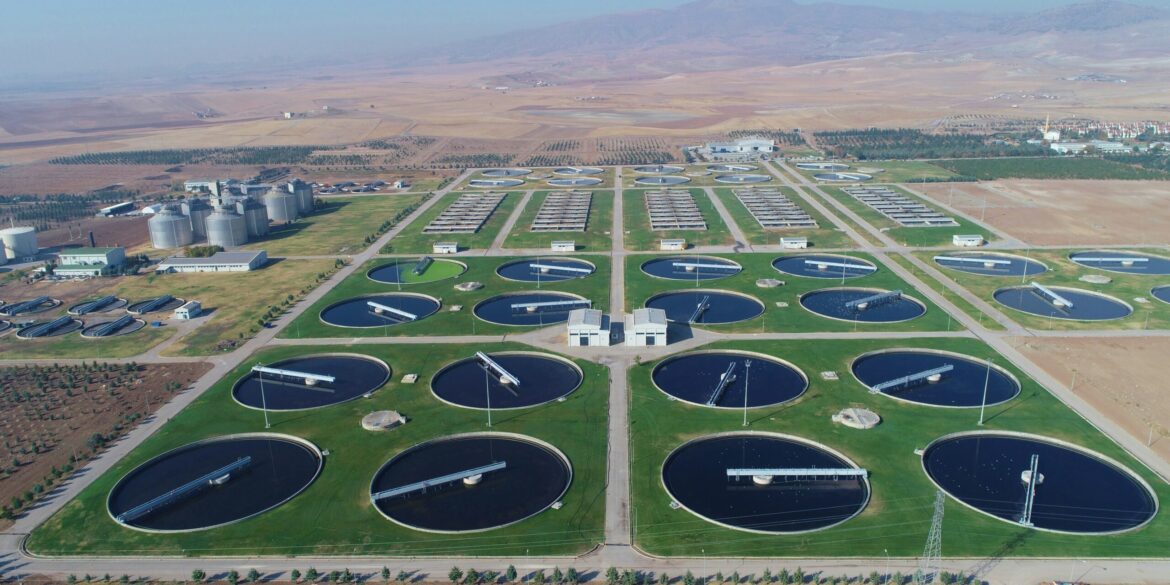AUSTIN, TX — In a decisive step toward diversifying its energy portfolio while maintaining a stronghold in national energy leadership, Texas Governor Greg Abbott on June 22, 2025, announced the launch of a $1.2 billion state-funded plan to accelerate the buildout of hydrogen infrastructure statewide. The new initiative, titled “Hydrogen Texas 2030,” positions the Lone Star State at the forefront of the burgeoning U.S. hydrogen economy.
Under the plan, Texas aims to construct more than 50 hydrogen fueling stations by 2028, upgrade over 300 miles of existing pipeline for hydrogen transport, and offer generous R&D tax credits to spur innovation among Texas-based energy startups.
“This initiative ensures Texas leads not just in traditional energy, but also in next-generation clean technologies,” Abbott said in his announcement. “We are advancing freedom, prosperity, and energy independence—core Texas values that fuel America’s future.”
The $1.2 billion allocation marks one of the largest hydrogen-focused state-level investments in the U.S. to date. The new fueling stations will be strategically placed along key freight routes and urban hubs, helping accelerate the adoption of hydrogen-powered commercial transport and reducing emissions across critical logistics networks.
Equally important, the conversion of existing pipeline infrastructure offers an efficient pathway to scale up hydrogen delivery without the prohibitive costs of laying new lines. Texas is home to roughly 1,600 miles of hydrogen pipelines already in operation—more than any other state—giving it a logistical advantage in fast-tracking hydrogen distribution.
Incentivizing research and development is also a core pillar of the program. Startups working on hydrogen production, storage, and fuel cell technology will qualify for state-level tax credits, an effort aimed at cultivating homegrown innovation while reducing reliance on federal incentives.
The Hydrogen Texas 2030 initiative comes as the U.S. hydrogen economy is poised for explosive growth. Industry forecasts project the sector could surpass $100 billion in market value by 2035, with Texas expected to capture a significant share due to its existing infrastructure, energy expertise, and regulatory environment favorable to investment.
Governor Abbott’s move aligns with long-held conservative priorities: advancing energy security, empowering the private sector, and minimizing federal bureaucracy. By prioritizing free-market mechanisms over government mandates, the plan reflects Texas’s broader economic philosophy.
According to a recent McKinsey report, Texas could support more than 180,000 hydrogen-related jobs and generate up to $100 billion in new economic output over the next two decades. In the same report, analysts highlighted Texas’s unique ability to leverage both its fossil fuel base for blue hydrogen and its renewable resources for green hydrogen, making it a versatile and scalable hydrogen hub.
Major players in the energy sector have publicly endorsed the plan. Chevron and Air Liquide, both with significant operations in Texas, cited the state’s extensive natural gas network as a prime asset for producing blue hydrogen—derived from methane reforming with carbon capture and storage.
ExxonMobil has already broken ground on a massive low-carbon hydrogen project at its Baytown complex, one of the largest proposed hydrogen facilities in the world. The site is expected to produce up to one billion cubic feet of hydrogen per day, with carbon capture systems to eliminate nearly all associated emissions.
Meanwhile, companies like Plug Power and Verdagy are investing in green hydrogen production, harnessing Texas’s vast wind and solar resources to power electrolyzers that split water into hydrogen and oxygen. This dual-path approach—supporting both blue and green hydrogen—provides economic flexibility and technological diversity as the market matures.
Beyond domestic benefits, Hydrogen Texas 2030 sets the stage for Texas to become a global exporter of hydrogen. With extensive port infrastructure along the Gulf Coast and access to liquefaction and ammonia conversion technologies, Texas could soon ship hydrogen to energy-hungry markets in Europe and Asia.
The initiative also strengthens America’s broader energy independence by diversifying its clean energy supply chain and reducing reliance on critical minerals often sourced from geopolitical rivals. As a homegrown alternative to battery-based energy systems, hydrogen represents a strategic asset in the evolving global energy landscape.
While debates over federal subsidies and environmental mandates continue in Washington, Texas’s approach represents a distinctly conservative vision for clean energy: one rooted in limited government, economic freedom, and practical infrastructure development. By using state funds to catalyze private investment and relying on market signals rather than mandates, the state is offering a model for how right-leaning governance can still lead on climate and innovation without sacrificing core principles.
As federal tax credits for hydrogen face uncertainty in upcoming budget negotiations, Texas’s proactive approach may provide a buffer against policy volatility and attract investors seeking long-term stability.
Hydrogen Texas 2030 marks a turning point in the state’s energy strategy. By embracing both tradition and innovation, Texas is not just safeguarding its leadership in oil and gas but carving out a central role in the future of clean energy. The success of this initiative could serve as a blueprint for other conservative-led states seeking to modernize their economies without compromising their values.
With industry backing, economic rationale, and strategic foresight, Texas’s hydrogen ambitions are set to reshape the American energy landscape—potentially for decades to come.

